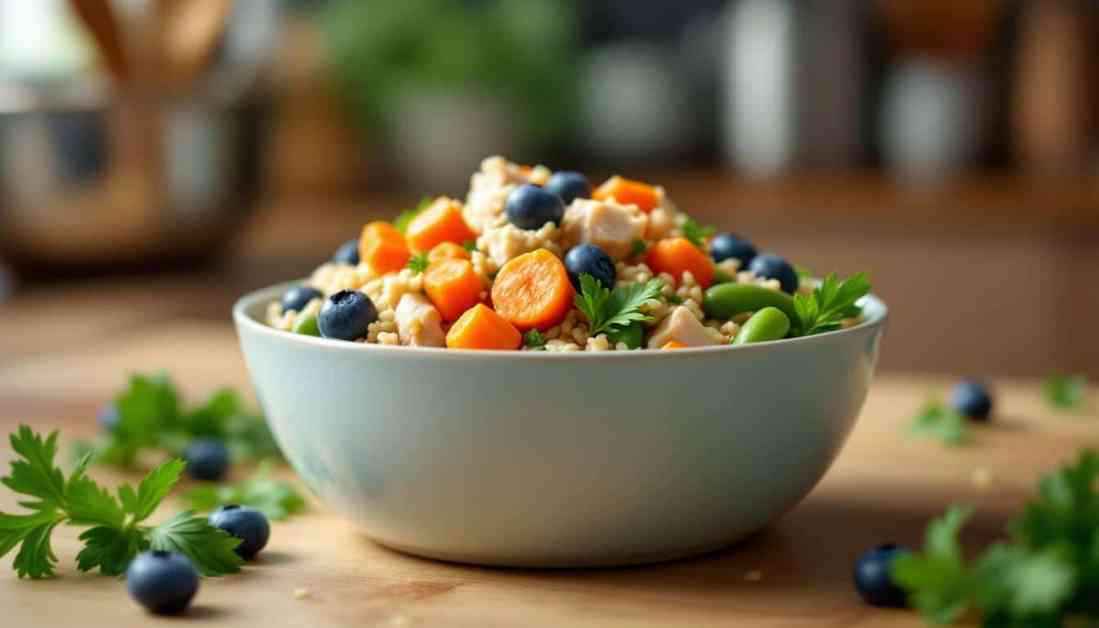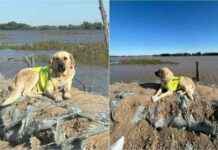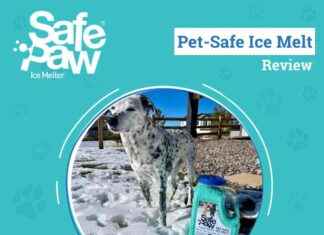Holistic Dog Nutrition: A Comprehensive Guide to Natural Feeding
In our quest to provide the best care for our canine companions, holistic dog nutrition has emerged as a key component for a healthier and happier furry friend. Moving beyond the simple act of filling a dog’s bowl, natural feeding focuses on offering a balanced, species-appropriate diet that supports overall well-being.
Taking a Holistic Approach to Canine Well-being
Holistic dog nutrition encompasses a complete approach to feeding our beloved pets. It considers not only the basic caloric needs of a dog but also their entire well-being. By providing a diet that closely mimics what dogs would eat in nature, this method supports both their physical and mental health, promoting a happier and healthier life.
The Significance of Natural Ingredients
A natural diet for dogs consists of high-quality, unprocessed ingredients such as real meats, organs, bones, fruits, and vegetables. This approach can lead to a myriad of benefits including shinier coats, healthier skin, cleaner teeth, higher energy levels, and smaller stools. By focusing on natural ingredients, we are nurturing our dogs from the inside out, promoting their overall well-being.
Balanced Nutrition for Optimal Health
Balanced nutrition plays a crucial role in holistic feeding. It involves providing the right proportions of proteins, fats, carbohydrates, vitamins, and minerals. While the Association of American Feed Control Officials recommends specific minimum percentages for protein and fat in adult dog food, many holistic practitioners suggest higher protein levels to better match a dog’s ancestral diet. Tailoring the diet to individual needs based on factors like age, breed, activity level, and health conditions is essential for optimal health outcomes.
Exploring the Essential Components of a Natural Dog Diet
High-Quality Protein: The Foundation of Canine Health
High-quality protein is the cornerstone of a natural dog diet. Dogs thrive on animal proteins, which provide essential amino acids necessary for muscle development, immune function, and overall health. Including lean meats, fish, and eggs in a dog’s meals can lead to improved health outcomes, as supported by studies showing the benefits of a protein-rich diet for weight management.
Healthy Fats: Fueling Energy and Promoting Coat Health
Fats are vital in dog nutrition, offering a concentrated source of energy and maintaining healthy skin and a shiny coat. Including sources of healthy fats like fish oil, flaxseed oil, and coconut oil in a dog’s diet can have numerous benefits. Balancing fat intake is crucial to prevent obesity or nutritional deficiencies, highlighting the importance of a well-rounded diet.
Nutrient-Rich Fruits and Vegetables: Nature’s Multivitamins
While dogs do not require carbohydrates like humans, fruits and vegetables provide essential vitamins, minerals, and fiber. Incorporating nutrient-dense options in a dog’s diet can offer additional health benefits, such as preventing or slowing the development of certain health conditions. Introducing new foods gradually and in moderation is key to ensuring a smooth transition to a natural diet.
Embracing Beneficial Supplements for Optimal Health
In some cases, dogs may benefit from supplements to fill nutritional gaps in their diet. Probiotics can support digestive health, while omega-3 fatty acids from fish oil can reduce inflammation and support cognitive function in older dogs. Consulting with a veterinarian before introducing supplements is crucial to ensure they are appropriate for a dog’s specific needs and do not pose any risks to their health.
Transitioning Your Dog to a Holistic Diet
Making the switch to a holistic diet for your dog requires a gradual approach to prevent digestive upset and ensure a smooth transition. By starting with small changes and monitoring your dog’s reaction closely, you can gradually increase the new food in their diet. Adjusting portion sizes based on your dog’s needs and seeking professional guidance from a veterinary nutritionist can help create a personalized meal plan for optimal health outcomes.
In conclusion, holistic dog nutrition offers a powerful way to enhance the overall health and well-being of our furry friends. By understanding and applying the principles of natural feeding thoughtfully, we can help our dogs lead healthier, happier, and potentially longer lives. Making informed dietary choices and seeking professional guidance can ensure that our four-legged family members receive the best possible care, setting them on a path towards optimal canine health and well-being.






















